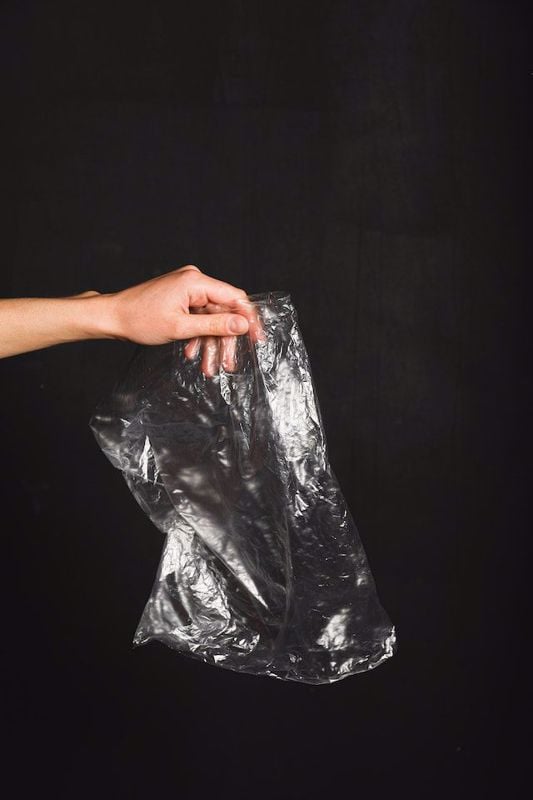Home Depot loves the planet and loves your home. With a Home Depot Money Off Coupon from We Are Coupons you can make your home greener and econ-friendly for less. If you are looking for ways to reduce the amount of plastic used around your home, then you've come to the right place! Whether you're trying to eliminate waste from your life or are trying to save money, you can learn how to use less plastic and make your home a greener space.
Compostable trash bags
Compostable trash bags are a good way to reduce your plastic waste at home. However, it is important to choose the right kind of bag. The best compostable bags are certified by a recognized organization, such as the Biodegradable Products Institute.
These bags are made of plant starch, which does not contain petroleum-based plastics or heavy metals. It is easily broken down by microorganisms in the soil. They are also safe for use with food waste.
When you are using a compostable trash bag, you must make sure you put it in a dedicated compost bin. Otherwise, it will be difficult to compost. This is because landfills are not sterile environments. There are some bacterial species that thrive in anaerobic environments, and they will feed on the metal-infused plastics.
In addition, biodegradable trash bags are not as sturdy as conventional trash bags. Also, the plastic used in the bags will not break down in normal landfill conditions. Instead, it will dissolve into CO2 and biomass.
Unlike standard trash bags, biodegradable trash bags are not recyclable. In fact, they will not biodegrade in the natural environment. Their main purpose is to be disposed of in industrial composting facilities.
Despite their benefits, biodegradable trash bags will take a long time to decompose in a normal landfill. They are unlikely to decompose in any landfill, but they may be able to break down in a commercial composting facility.
Despite their good quality, compostable trash bags are still more expensive than plastic. They are also less durable and not able to hold up to humid conditions.
Compostable bags are better for the environment because they don't contain toxic chemicals and they do not have a harmful impact on animals. They are also better for your pocket.
Cloth diapers
In today's world, there is a growing trend to use cloth diapers to reduce the amount of plastic used around the home. Many of these companies produce diapers that are not only biodegradable but also environmentally friendly.
Cloth diapers are made from natural materials such as cotton, bamboo, and hemp. The materials are also recyclable. Depending on the manufacturer, cloth diapers may use recycled packaging.
Although there are some environmental benefits to using cloth diapers, there are some drawbacks as well. One of the biggest disadvantages is the amount of water needed to wash diapers. Using a high-efficiency washer is recommended. High-efficiency washers require about 15 to 30 gallons of water per load.
Another disadvantage is the extra time and effort required to properly clean cloth diapers. Some manufacturers recommend that a diaper be washed at least 1-3 times a week.
If you have the proper facilities and equipment, you can make cloth diapering a fairly easy process. However, it is not for everyone.
Some parents consider the cost of using cloth diapers too expensive, and opt for disposables instead. Others opt to combine cloth diapers with disposables.
Cloth diapers come in various sizes and types. The most popular are pre-fold, pocket, hybrid, and all-in-one diapers. They are usually waterproof and have a liner or absorbent insert.
A wet bag is an important accessory to cloth diapering. Wet bags are lined with the same PUL as disposable diapers. These bags can be laundered with your cloth diapers.
The best way to wash a diaper is to use plenty of detergent. You should also rinse your diaper before washing it. This will remove the majority of pee.




